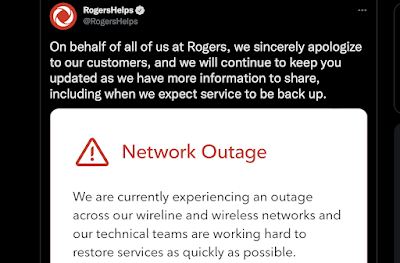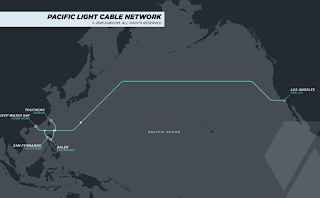Untether AI, a start-up based in Toronto, announced an oversubscribed $125 million funding round for its at-memory computation and AI inference acceleration silicon.
The latest funding was led by an affiliate of Tracker Capital Management and by Intel Capital, with participation from new investor Canada Pension Plan Investment Board (“CPP Investments”) and existing investor Radical Ventures.
As part of the funding round, Tracker Capital Senior Advisor Dr. Shaygan Kheradpir will join Untether AI’s Board of Directors. Previously, Dr. Kheradpir served as Verizon’s Group CIO, Barclays Bank Group COO, and CEO of Coriant and Juniper Networks.
“I am pleased to add Tracker Capital to our prestigious group of investors and welcome Shaygan to our Board,” said Arun Iyengar, CEO, Untether AI. “Tracker Capital’s unmatched experience and relationships across sectors will help speed our engagements in multiple high-value markets, including telecom, technology, financial services, retail, and defense. I am also thrilled to welcome CPP Investments to the Untether AI family. With the new funding round and partnerships, we will be able to expand our current product reach and accelerate the development of our next generation products."
Saf Yeboah-Amankwah, Intel Chief Strategy Officer added: “We have been an investor in Untether AI since the seed round. During that time Untether AI has assembled a world-class management team, developed and launched an exceptional product, and is now poised for growth in the burgeoning AI inference acceleration space.”
The dramatic increase in the usage of AI, along with its heavy computational requirements, is overwhelming traditional compute architectures, and drastically increasing power consumption in datacenters.
Untether AI said its at-memory compute architecture and tsunAImi accelerator cards can achieve record-breaking energy efficiency and compute density for inference acceleration.
www.untether.ai









































